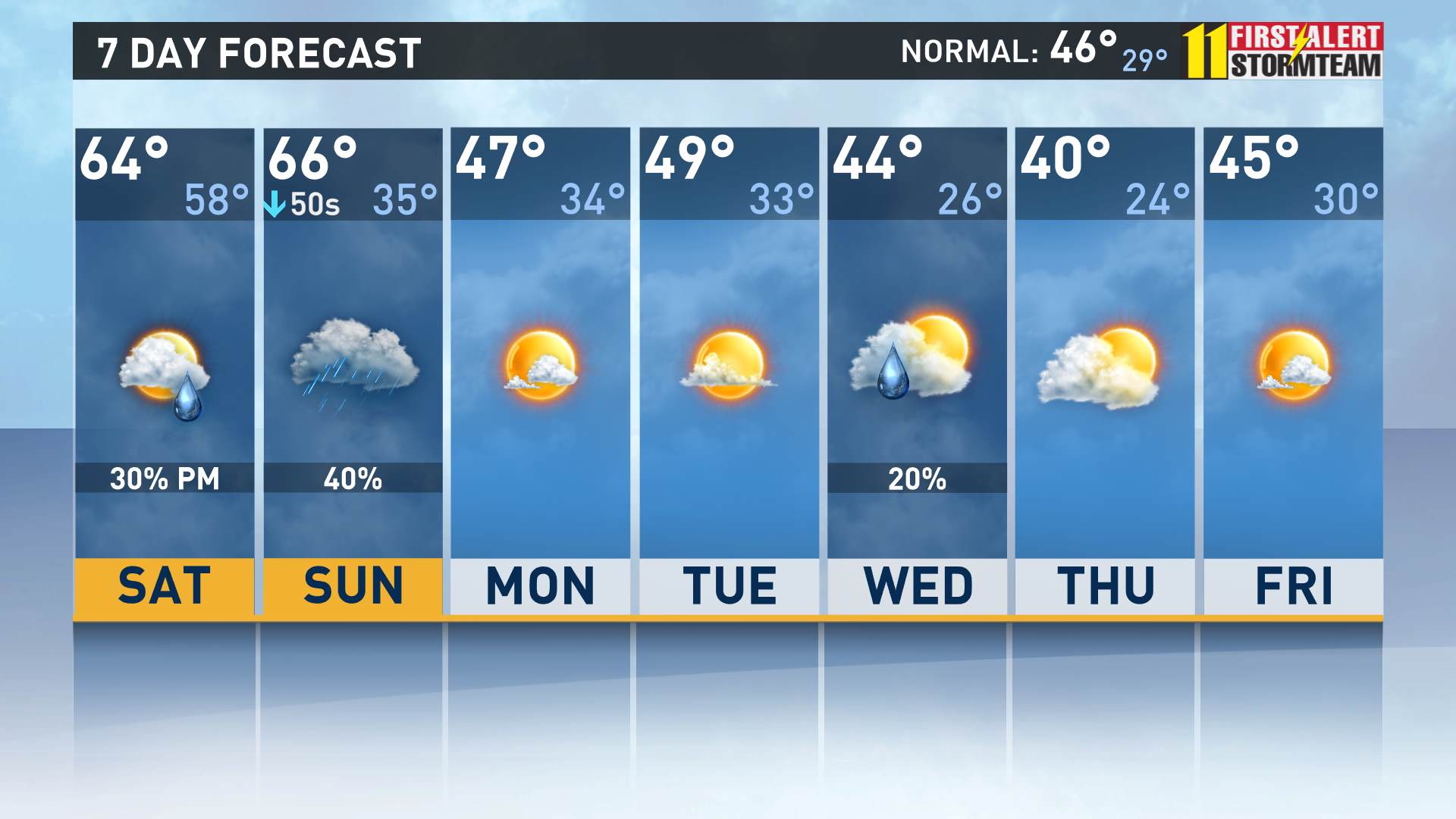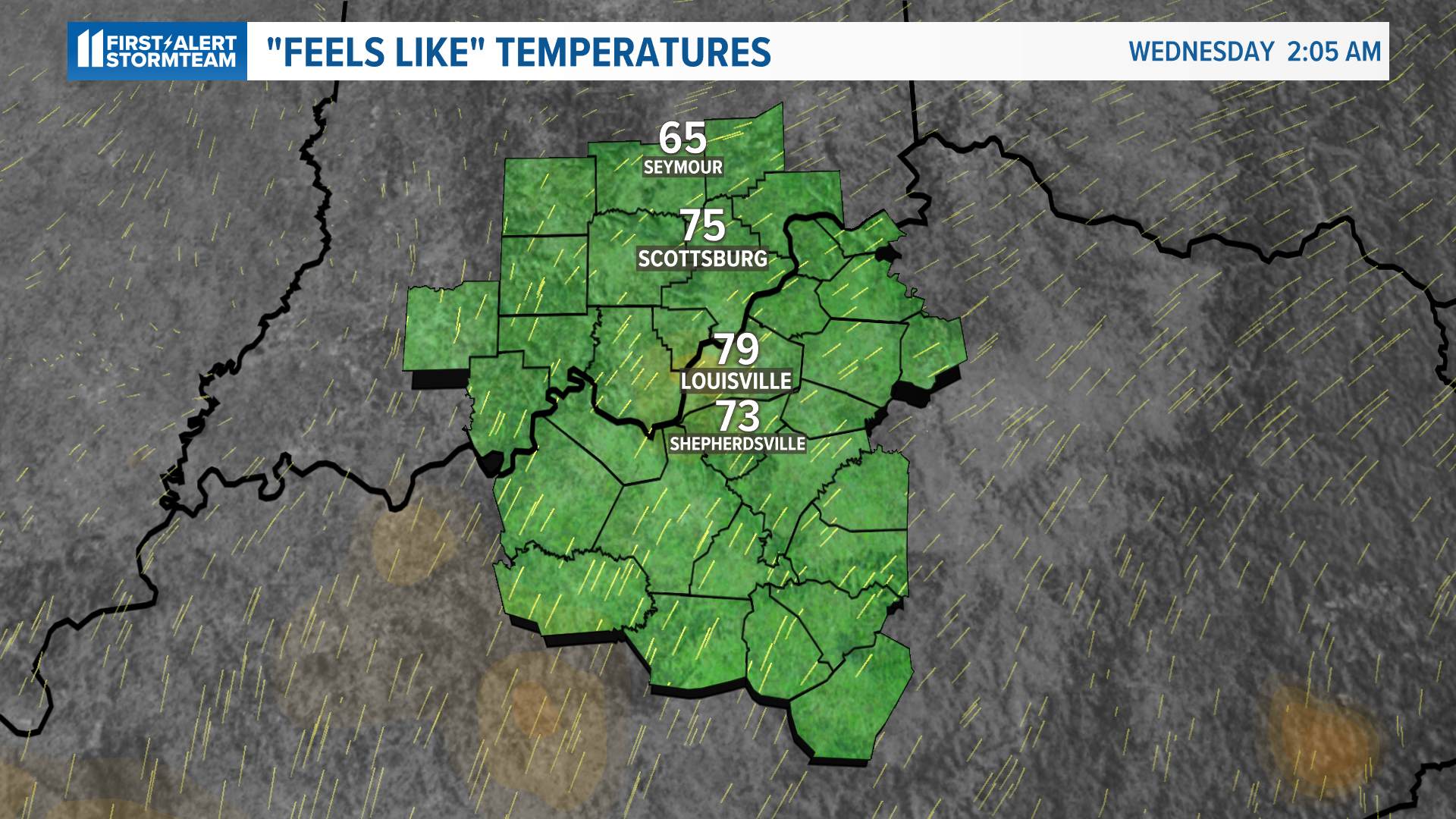Current Weather Conditions and Forecast

Louisville weather – Let’s dive into the atmospheric tapestry of Louisville, a city where the weather paints a vibrant canvas. Currently, the city basks in [temperature] degrees, with a relative humidity of [humidity]%. The gentle breeze whispers at [wind speed] miles per hour, wafting from the [wind direction]. The skies, adorned with [cloud cover], hold a [precipitation probability]% chance of bestowing their liquid embrace.
Unveiling the secrets of the upcoming week, our weather oracle whispers of a diverse symphony of conditions. Temperatures will dance between [minimum temperature] and [maximum temperature] degrees, with precipitation gracing us on [days with precipitation] days. From the celestial ballet of clear skies to the rhythmic patter of raindrops, Louisville’s weather promises a captivating spectacle.
7-Day Forecast, Louisville weather
| Day | High | Low | Precipitation Chance |
|---|---|---|---|
| [Day 1] | [High temperature] | [Low temperature] | [Precipitation chance]% |
| [Day 2] | [High temperature] | [Low temperature] | [Precipitation chance]% |
| [Day 3] | [High temperature] | [Low temperature] | [Precipitation chance]% |
| [Day 4] | [High temperature] | [Low temperature] | [Precipitation chance]% |
| [Day 5] | [High temperature] | [Low temperature] | [Precipitation chance]% |
| [Day 6] | [High temperature] | [Low temperature] | [Precipitation chance]% |
| [Day 7] | [High temperature] | [Low temperature] | [Precipitation chance]% |
Historical Weather Patterns and Trends: Louisville Weather

Louisville has a humid subtropical climate, characterized by hot, humid summers and cold, snowy winters. The city’s average temperature is 55.3°F (12.9°C), with an average annual precipitation of 44.5 inches (113 cm).
Over the past century, Louisville’s climate has shown a gradual warming trend. The average temperature has increased by about 2°F (1.1°C) since 1901, and the number of days with temperatures above 90°F (32°C) has increased by about 20%.
This warming trend is consistent with the global trend of climate change, which is caused by the release of greenhouse gases into the atmosphere. Greenhouse gases trap heat, causing the planet’s temperature to rise.
The effects of climate change are already being felt in Louisville. The city is experiencing more extreme weather events, such as heat waves, droughts, and floods. These events can have a significant impact on the city’s infrastructure, economy, and public health.
Precipitation Patterns
Louisville’s precipitation is fairly evenly distributed throughout the year, with the wettest months being May and June. The city receives an average of 44.5 inches (113 cm) of precipitation per year, which is slightly more than the national average.
In recent years, Louisville has experienced an increase in the frequency and intensity of heavy rainfall events. These events can cause flooding, which can damage property and infrastructure.
Seasonal Variations
Louisville’s climate varies significantly from season to season. The summers are hot and humid, with average temperatures in the mid-80s (29°C). The winters are cold and snowy, with average temperatures in the mid-30s (1°C).
The spring and fall are transitional seasons, with average temperatures in the mid-50s (13°C). These seasons are often characterized by mild weather, although there can be occasional periods of extreme heat or cold.